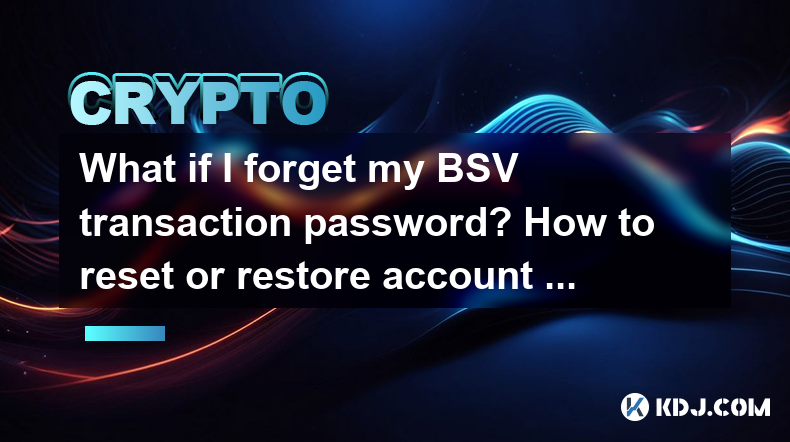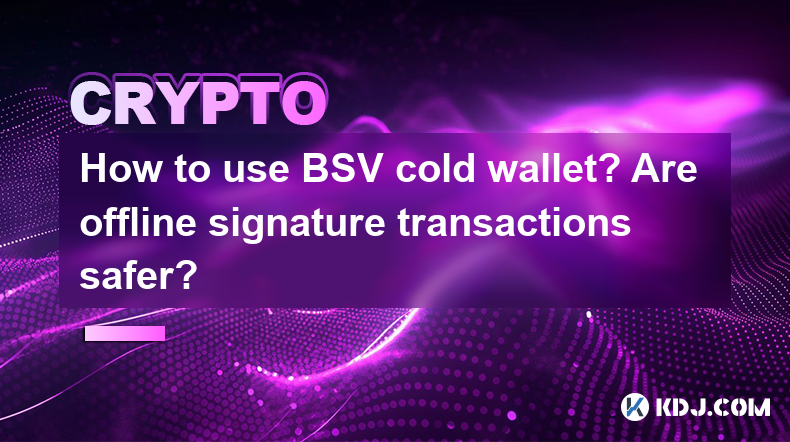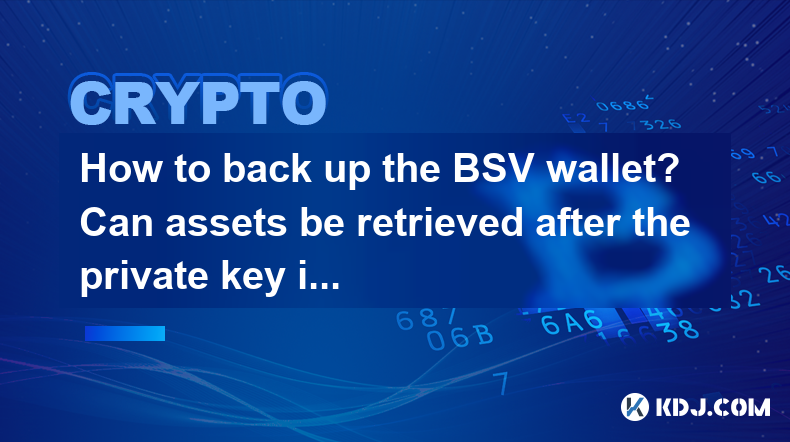-
 Bitcoin
Bitcoin $96,993.4726
0.33% -
 Ethereum
Ethereum $1,844.8197
-0.29% -
 Tether USDt
Tether USDt $1.0005
0.01% -
 XRP
XRP $2.2073
-0.92% -
 BNB
BNB $599.5526
-0.28% -
 Solana
Solana $148.5112
-1.52% -
 USDC
USDC $0.9999
0.01% -
 Dogecoin
Dogecoin $0.1802
-0.90% -
 Cardano
Cardano $0.6931
-2.09% -
 TRON
TRON $0.2471
0.71% -
 Sui
Sui $3.4425
-6.42% -
 Chainlink
Chainlink $14.7472
-1.50% -
 Avalanche
Avalanche $21.1250
-3.33% -
 Stellar
Stellar $0.2721
-1.71% -
 UNUS SED LEO
UNUS SED LEO $8.8869
-1.42% -
 Shiba Inu
Shiba Inu $0.0...01336
-1.75% -
 Toncoin
Toncoin $3.1391
-2.34% -
 Hedera
Hedera $0.1844
-2.29% -
 Bitcoin Cash
Bitcoin Cash $378.4316
3.94% -
 Hyperliquid
Hyperliquid $20.8433
2.58% -
 Litecoin
Litecoin $87.6566
-2.15% -
 Polkadot
Polkadot $4.1486
-0.91% -
 Dai
Dai $1.0000
0.00% -
 Bitget Token
Bitget Token $4.4488
1.36% -
 Monero
Monero $280.6265
2.17% -
 Ethena USDe
Ethena USDe $1.0008
0.04% -
 Pi
Pi $0.5942
-1.24% -
 Pepe
Pepe $0.0...08683
-1.27% -
 Aptos
Aptos $5.4184
-2.60% -
 Uniswap
Uniswap $5.2380
-2.61%
How did LayerZero (ZRO) come about?
LayerZero emerged in 2021 as a brainchild of Bryan Pellegrino, Ryan Zurrer, and Caleb Banister, aiming to tackle interoperability challenges between blockchains through its decentralized oracle network.
Dec 05, 2024 at 03:15 pm

How did LayerZero (ZRO) come about?
LayerZero (ZRO) is a decentralized oracle network that provides a secure and reliable way to transfer data between different blockchains. It was founded in 2021 by a team of experienced blockchain developers, including Bryan Pellegrino, Ryan Zurrer, and Caleb Banister.
The LayerZero protocol is designed to address the challenges of interoperability between blockchains. Currently, different blockchains operate independently and cannot communicate with each other. This makes it difficult to develop applications that can leverage the unique features of different blockchains.
LayerZero solves this problem by creating a decentralized network of oracles that can securely transfer data between different blockchains. These oracles are responsible for verifying the authenticity and validity of data. They are also responsible for ensuring that data is not tampered with in transit.
The LayerZero protocol is based on a number of innovative technologies, including:
- Ultra-Light Node (ULN): A lightweight version of a blockchain node that only stores a small amount of data. This allows ULNs to be deployed on low-powered devices, such as smartphones and IoT devices.
- Oracle Relay: A system that connects ULNs to the LayerZero network. Oracle relays are responsible for forwarding data between ULNs and the LayerZero network.
- Proof-of-Work (PoW): A consensus mechanism that is used to verify the authenticity and validity of data. PoW requires miners to solve complex mathematical problems in order to add new blocks to the blockchain.
LayerZero is a promising new technology that has the potential to revolutionize the way that blockchains are used. It provides a secure and reliable way to transfer data between different blockchains, which makes it possible to develop applications that can leverage the unique features of different blockchains.
Here are some of the benefits of using LayerZero:
- Interoperability: LayerZero allows applications to easily transfer data between different blockchains. This makes it possible to develop applications that leverage the unique features of different blockchains.
- Security: LayerZero uses a decentralized network of oracles to verify the authenticity and validity of data. This makes it difficult for attackers to tamper with data in transit.
- Reliability: LayerZero is a reliable network that provides high uptime and low latency. This makes it possible to develop applications that rely on real-time data.
- Scalability: LayerZero is a scalable network that can handle a large volume of transactions. This makes it possible to develop applications that can reach a large audience.
LayerZero is still under development, but it is already being used to develop a number of innovative applications. These applications include:
- Cross-chain swaps: Applications that allow users to swap tokens between different blockchains.
- Cross-chain lending: Applications that allow users to lend and borrow tokens on different blockchains.
- Cross-chain gaming: Applications that allow users to play games on different blockchains.
LayerZero is a powerful new technology that has the potential to change the way that blockchains are used. It provides a secure and reliable way to transfer data between different blockchains, which makes it possible to develop applications that leverage the unique features of different blockchains.
Disclaimer:info@kdj.com
The information provided is not trading advice. kdj.com does not assume any responsibility for any investments made based on the information provided in this article. Cryptocurrencies are highly volatile and it is highly recommended that you invest with caution after thorough research!
If you believe that the content used on this website infringes your copyright, please contact us immediately (info@kdj.com) and we will delete it promptly.
- Brown University Makes History as the First Ivy League School to Buy Bitcoin
- 2025-05-03 04:05:13
- Missed Sui First Pump? Here's Why SUI Price Could Rally Even Higher
- 2025-05-03 04:05:13
- XenDex Has Become the Center of Attention for Crypto Investors, Especially XRP Whales
- 2025-05-03 04:00:44
- Brown University Reveals a New $4.9 million Investment in BlackRock’s iShares Bitcoin Trust
- 2025-05-03 04:00:44
- Trump, Musk, and Their Administration Use the Presidency for Their Own Personal Profit
- 2025-05-03 03:55:12
- AI Crypto Assets Are Taking the Center Stage
- 2025-05-03 03:55:12
Related knowledge

BSV transaction fees suddenly increased? How to adjust the handling fee to save costs?
May 02,2025 at 06:42am
Understanding BSV Transaction FeesBSV (Bitcoin SV) aims to fulfill the original vision of Bitcoin as a peer-to-peer electronic cash system. One of the key elements in this system is the transaction fee, which compensates miners for including transactions in the blockchain. Recently, users have noticed a sudden increase in BSV transaction fees, which can...

How to solve the high slippage of BSV transactions? How to choose between limit and market orders?
May 02,2025 at 09:01pm
High slippage can be a significant concern for traders dealing with Bitcoin SV (BSV) transactions. Slippage refers to the difference between the expected price of a trade and the price at which the trade is actually executed. This can occur in fast-moving markets or when there is low liquidity. To address this issue, understanding the mechanics of slipp...

What if I forget my BSV transaction password? How to reset or restore account permissions?
May 02,2025 at 02:49pm
Forgetting your BSV (Bitcoin SV) transaction password can be a stressful experience, but there are steps you can take to reset or restore your account permissions. This article will guide you through the process, ensuring you understand each step and potential solutions available to you. Understanding BSV Transaction PasswordsBSV transaction passwords a...

How to use BSV cold wallet? Are offline signature transactions safer?
May 02,2025 at 05:21am
Using a BSV (Bitcoin SV) cold wallet involves several steps to ensure the secure storage and management of your cryptocurrency. A cold wallet, also known as a hardware wallet or offline wallet, is a physical device that stores your private keys offline, making it much more secure than keeping your keys on a computer or mobile device connected to the int...

How to back up the BSV wallet? Can assets be retrieved after the private key is lost?
May 01,2025 at 11:50pm
Introduction to BSV Wallet BackupBacking up your BSV (Bitcoin SV) wallet is a crucial step in safeguarding your digital assets. The process involves securing your private keys, which are essential for accessing and managing your BSV. Understanding how to back up your wallet and the implications of losing your private key is vital for any cryptocurrency ...

Is BSV worth holding for a long time? Which is more suitable, fixed investment or one-time purchase?
Apr 30,2025 at 08:39pm
Is BSV worth holding for a long time? Which is more suitable, fixed investment or one-time purchase? Bitcoin SV (BSV) has been a topic of interest and debate within the cryptocurrency community since its inception. Stemming from a hard fork of Bitcoin Cash (BCH), BSV aims to fulfill the original vision of Bitcoin as outlined by Satoshi Nakamoto, focusin...

BSV transaction fees suddenly increased? How to adjust the handling fee to save costs?
May 02,2025 at 06:42am
Understanding BSV Transaction FeesBSV (Bitcoin SV) aims to fulfill the original vision of Bitcoin as a peer-to-peer electronic cash system. One of the key elements in this system is the transaction fee, which compensates miners for including transactions in the blockchain. Recently, users have noticed a sudden increase in BSV transaction fees, which can...

How to solve the high slippage of BSV transactions? How to choose between limit and market orders?
May 02,2025 at 09:01pm
High slippage can be a significant concern for traders dealing with Bitcoin SV (BSV) transactions. Slippage refers to the difference between the expected price of a trade and the price at which the trade is actually executed. This can occur in fast-moving markets or when there is low liquidity. To address this issue, understanding the mechanics of slipp...

What if I forget my BSV transaction password? How to reset or restore account permissions?
May 02,2025 at 02:49pm
Forgetting your BSV (Bitcoin SV) transaction password can be a stressful experience, but there are steps you can take to reset or restore your account permissions. This article will guide you through the process, ensuring you understand each step and potential solutions available to you. Understanding BSV Transaction PasswordsBSV transaction passwords a...

How to use BSV cold wallet? Are offline signature transactions safer?
May 02,2025 at 05:21am
Using a BSV (Bitcoin SV) cold wallet involves several steps to ensure the secure storage and management of your cryptocurrency. A cold wallet, also known as a hardware wallet or offline wallet, is a physical device that stores your private keys offline, making it much more secure than keeping your keys on a computer or mobile device connected to the int...

How to back up the BSV wallet? Can assets be retrieved after the private key is lost?
May 01,2025 at 11:50pm
Introduction to BSV Wallet BackupBacking up your BSV (Bitcoin SV) wallet is a crucial step in safeguarding your digital assets. The process involves securing your private keys, which are essential for accessing and managing your BSV. Understanding how to back up your wallet and the implications of losing your private key is vital for any cryptocurrency ...

Is BSV worth holding for a long time? Which is more suitable, fixed investment or one-time purchase?
Apr 30,2025 at 08:39pm
Is BSV worth holding for a long time? Which is more suitable, fixed investment or one-time purchase? Bitcoin SV (BSV) has been a topic of interest and debate within the cryptocurrency community since its inception. Stemming from a hard fork of Bitcoin Cash (BCH), BSV aims to fulfill the original vision of Bitcoin as outlined by Satoshi Nakamoto, focusin...
See all articles





















































































